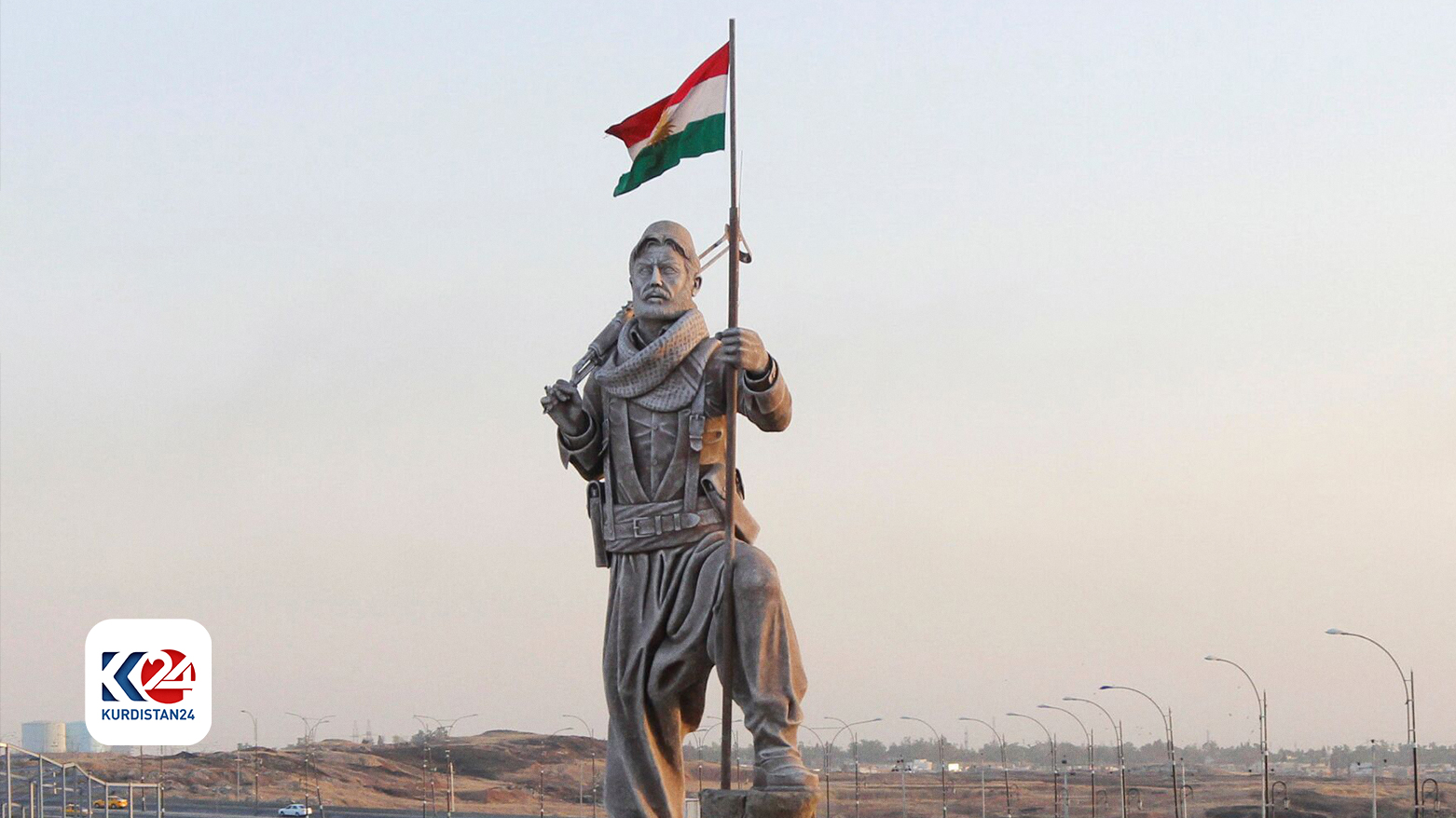KRG official warns against demographic manipulation in Kirkuk ahead of 2024 census
Fayeq warned that the Iraqi government plans to enforce the "De facto reality" in Kirkuk, registering Arabs whose names do not appear in the 1957 census—thus shifting the demographic balance of the city and other disputed territories.

ERBIL (Kurdistan24) – Dzwar Fayeq, the Kurdistan Regional Government’s (KRG) representative in the High Committee for the Implementation of Article 140 of the Iraqi Constitution, raised alarms over what he describes as a deliberate attempt to manipulate the demographic reality of Kirkuk and other Kurdish territories ahead of the 2024 census.
Fayeq, speaking to Kurdistan24, warned that the Iraqi government plans to enforce the "De facto reality" in Kirkuk, registering Arabs whose names do not appear in the 1957 census—thus shifting the demographic balance of the city and other disputed territories.
At the same time, Kurds who were originally from these areas but have moved to the Kurdistan Region or abroad due to conflict would not be registered as Kirkuk residents, despite their historic ties to the region.
“This is against Article 140 of the Iraqi Constitution, which provides a legal mechanism to reverse demographic changes imposed during the Arabization of Kirkuk and other areas,” Fayeq emphasized.
Recommendations for the Census Process
Fayeq laid out a series of steps that he believes should be followed to ensure fairness and prevent demographic manipulation in the upcoming census:
1. Register Kurds with 1957 documentation: Kurds who were registered as Kirkuk residents in 1957 must be counted in the census, regardless of their current location, whether inside or outside Iraq.
2. Reject unqualified Arab registrants: Arabs who moved to Kirkuk after 1957, especially those relocated under government programs aimed at changing the region's demographics, should not be registered as Kirkuk residents.
3. Inclusion of nationality in census forms: The census must include a category for nationality, ensuring the diverse ethnic makeup of Iraq is accurately reflected.
Risks of Proceeding Without Safeguards
Fayeq warned that if these steps are not implemented, the 2024 census results could solidify the Arabization of Kirkuk and other disputed territories.
He stressed that the KRG should push for a postponement of the census in these areas if safeguards are not ensured, as the results could have a lasting impact on the future status of these territories.
Since 1961, due to the Arabization efforts and conflicts, many Kurds have relocated to other cities within the Kurdistan Region or abroad, particularly after ISIS attacks on places like Sinjar.
Fayeq highlighted the difficulty of some displaced individuals returning to their original homes for the census, citing security concerns and other challenges.
Fayeq concluded by emphasizing the importance of recognizing the four main ethnic groups in Iraq—Arabs, Kurds, Turkmens, and Chaldeans/Assyrians—in the census process, ensuring that the constitutional framework is upheld.